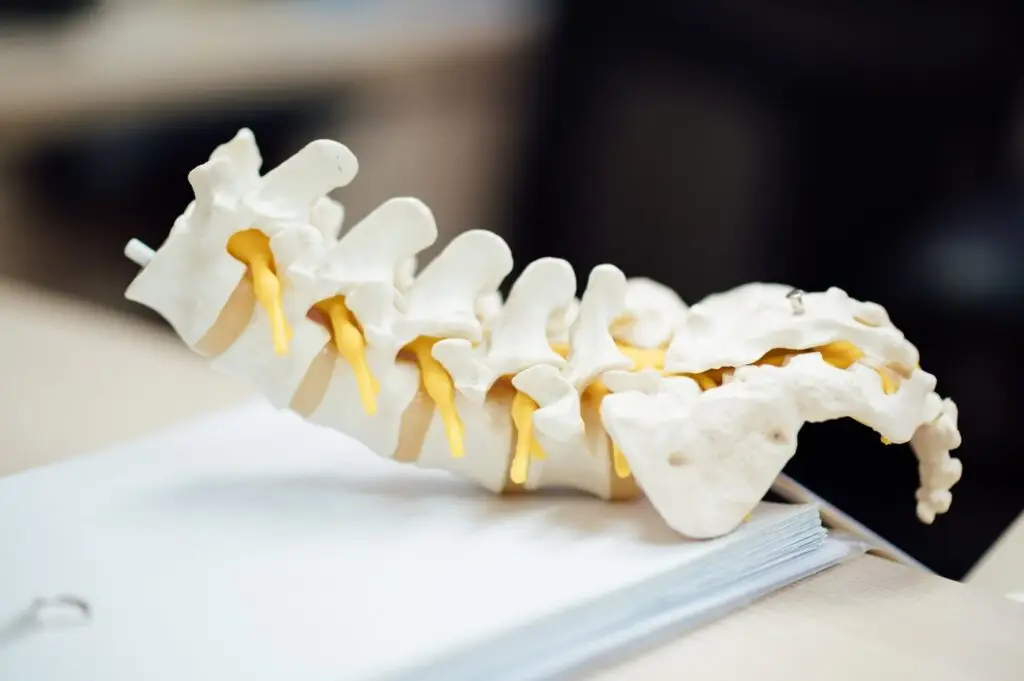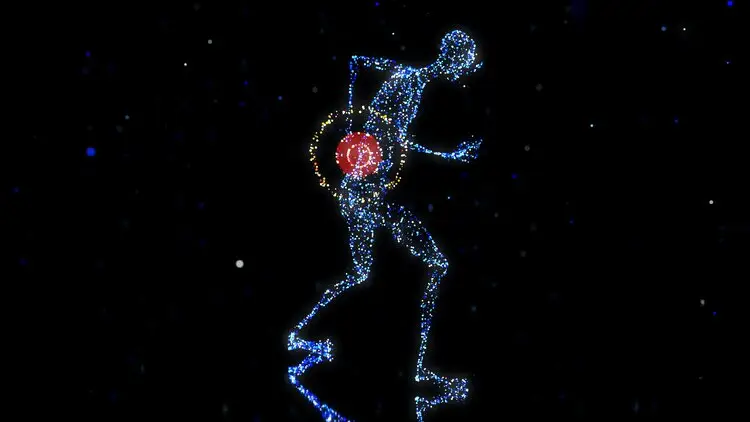Lower Back Pain is perhaps one of the least understood conditions amongst the general population yet one of the most debilitating. All of us have either experienced it or know someone who regularly experiences some kind of low back pain.
Globally, around 80% of people will experience low back pain at some point in their life. But what causes it? But you know what is crazier? Society seems to have so many misconceptions regarding it?
Let’s start by discussing what lower back pain is. Generally speaking, when we talk about low back pain, we are referring to pain in the lumbar spine. In this region, we have muscles, joints, vertebrae (our spinal bones), nerves and discs filled with fluid that help us to bear the impact of our body weight and any additional loads we may carry.


It is amazing how well the spine is designed to cope with our daily tasks of living. There are a multitude of different structures and reasons that can be responsible for your lower back pain.
For instance, pain can result commonly from muscle spasms, joint irritation, nerves, injury to the vertebrae or vertebral discs, just to name a few. Aside from spinal structures themselves, our understanding of pain science tells us that some of us can be sensitised to pain as well.
Please consult a physiotherapist or health professional for medical advice who can explain your individual circumstances to you.
So, what causes low back pain? Certainly, there are hereditary and congenital factors (i.e., things relating to our genes and the way we are born with). These are perhaps some of the more obvious reasons why one might have pain.
What can we change and affect though? Did you know factors such as stress, sleep, obesity, and lack of exercise are huge factors that can affect ones’ pain levels? These are hugely important but less talked about.
Now, to address some common misconceptions:
1. If I had a dollar for every time a patient told me they a slipped disc was the result of their back pain, then I like many other physios, would be very wealthy. Yes, a “slipped disc” can be the cause of your pain, but research has shown that slipped discs resolve over time, with the fluid leaking from the discs healing with time – usually within 12 weeks. Slipped discs do not stay with us forever, contrary to what your grandmother thinks.
2. Spinal surgeries have been shown over the years to NOT be more effective than conservative management. In fact, some studies have shown even adverse outcomes post-surgery versus a gradual strengthening program.
3. Your scan does not equal your symptoms. The most recent research has shown there are plenty of healthy people with zero pain, that get scans showing ‘abnormalities’ like uneven verterbrae, impinged nerves or inflammation. On the other hand, there are people in immense pain with relatively healthy spines.
Now, what an MRI, CT or X-Ray shows CAN be important and guide us in treatment – it’s important to know it isn’t the be all and end all, however.
Our goals as physios is to reduce the intensity of your initial pain through hands on therapy, to give you the support and advice you need on any lifestyle factors and provide education regarding your specific circumstances.
We are huge advocates for exercise and strengthening, but also a lifestyle in general that empowers you to be happy at what you do and one that promotes longevity.
Please consult your physiotherapist as they will be able to listen to you, assess everything thoroughly, provide relief and guide you through rehab to give you a long life of happiness.





